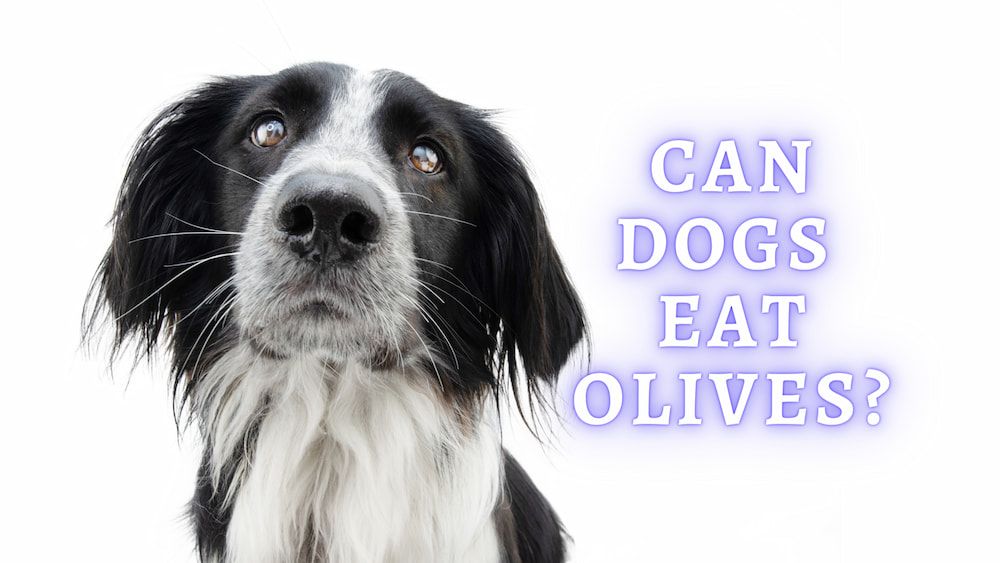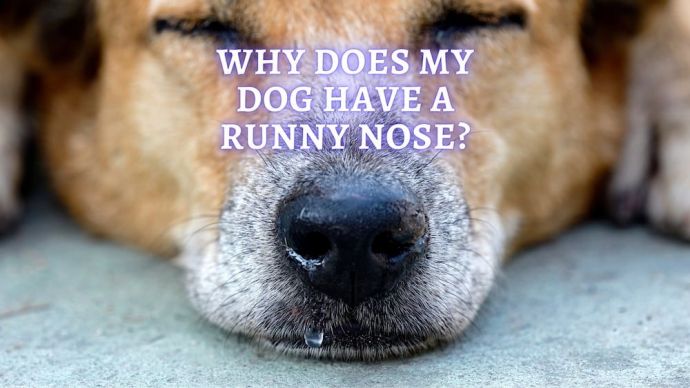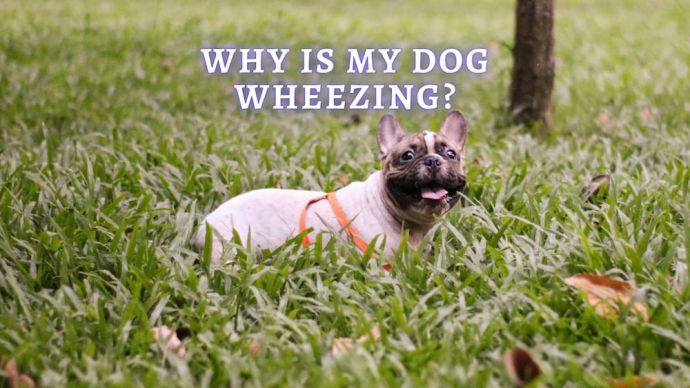Can Dogs Eat Olives? Benefits and Dangers of Feeding Olives to Your Dog
Written by:
Author: Vicki Smirnova
Vicki Smirnova is a professional writer and editor who adores animals and helps readers get along well with their pets. She has been working in digital media for more than 5 years and has great experience writing content about lifestyle, including pets. Vicki specializes in dog health and nutrition, cat feeding, dog training. She is an aquarium lover and is passionate to write about fish care at home. Also, Vicki headed several websites and worked as a news editor.
View all 245 articlesLearn about our editorial process and veterinary review board.
Reviewed by:
Veterinary review
by Dr. Chyrle Bonk
Dr. Chyrle Bonk is an associate veterinarian since 2010 and was a volunteer for Clearwater County Youth 4H. Dr. Bonk contributed to various animal and veterinary related websites and magazines as a way to help keep animals across the globe safe and healthy. When Chyrle not working she spends her time with her own furry crew of dogs, cats, and horses.
View all 10 articlesLearn about our veterinary review board
Viewed: 146
Updated on: 08/04/2021
Dog owners consider their pets not just animals, but family members. Often, people feed dogs what they eat themselves. However, not all products from the human diet are suitable for dogs. Some can even cause significant harm to the health of a pet. If you are not sure about the safety of a product, do not give it to your pet. If your dog has eaten something potentially dangerous, do not hesitate to consult a veterinarian.
If you’ve ever wondered if it’s possible to share olives with your furry friend, the answer is yes. Olives are not toxic to dogs, and they can eat them in small quantities; however, there are several risks. This article describes everything you need to know about sharing olives with your pet.
What is the difference between green and black olives?
Black and green olives are basically the same. Black, however, is ripe, and green are unripe. The taste depends on the variety. In total, there are about 2000 different varieties of olives in the world. Black have a milder taste and green have a sharp, sour or more pungent taste.
Olives contain antioxidants, vitamins and minerals that contribute to normal digestion. They also have an anti-inflammatory effect. However, it is worth paying attention to the caloric content of this product: 100 grams of them contain about 115 Kcal.
The Health Benefits Of Olives To Dogs
Pets can eat both green and black olives. As a snack for your pet, you should choose olives without salt, pepper, garlic or other spices. In small amounts, these berries can improve your pet’s digestion, strengthen their health, reduce inflammation and improve vision and bone health. All of these benefits are the result of being packed with vitamins A, E, and K and useful proteins and fats.
Benefits of Olive Oil for Dogs
In addition to the classic use of olives for food, they are also used to make oil, which has many health benefits for humans and pets:
- Strengthens the immune system and improves the condition of the coat and skin (make sure to monitor your pet’s calorie intake – oil should only be added to your pet’s diet in small amounts due to the caloric density and the potential to cause digestive upset).
- Rich in phytonutrients, as well as vitamin E and omega-3 fatty acids, which help keep the dog’s skin hydrated, as well as make the coat shiny
- Improves appetite. If your dog has recently refused to feed, you can add oil to change the taste and consistency of their daily food. Of course, if your pet does not eat for more than a day, or has other alarming symptoms or behavior, you should always seek advice from a veterinarian
- Prevents disease. Studies show that antioxidants, such as vitamin E, can help protect your dog’s cell membranes from free radical damage. They can also prevent excessive oxidation in cells — a process that leads to tissue damage and more serious conditions, such as dementia and cardiovascular diseases
- Reduces cholesterol levels and prevents cognitive decline
- Helps improve circulation, breathing and prevents respiratory diseases such as asthma (brachycephalic breeds, e.g. bulldogs and Shih Tzus, can benefit from a small amount of olive oil in their diet regularly [1]).
- Helps stimulate your pet’s digestive system, to keep them regular if they suffer from constipation or indigestion
READ MORE: The 20 Best Dog Vitamins and Supplements, According to Veterinarian
The Dangers of Feeding Olives to Your Dog
Excessive consumption of olives by your dog may have consequences in the form of weight gain, vomiting, diarrhea, abdominal pain, and digestive disorders. Also, you should not offer your pet an olive that has been floating in an alcoholic drink.
In addition, there are several more contraindications:
- Choking hazard. Dogs can choke on pits. Sometimes, pet owners decide to feed their pet olive berries with pits. The animal does not understand that the pit needs to be spit out and eats it. The pit contains toxins that can lead to digestive disorders, abdominal pain, vomiting and diarrhea. But the main danger of the pit is its size – it can block the respiratory tract and lead to suffocation.
- Too much sodium. Olives are high in sodium – both canned or pickled. This substance can lead to dehydration, increase blood pressure or cause intoxication.
Other seasonings, such as garlic and onion, can be toxic to your pet.
Dr. Chyrle Bonk
- Moderation is the key. When offering olives to your pet, you should start with small portions: half or one olive without a pit, and you should observe the pet and the manifestation of any symptoms. However, we recommend consulting with a veterinarian, since the potyion of such food depend on the pet’s size.
- Pay attention to the “best by” sign. Never let dogs eat olives (or any food) past the sell-by date. Expired products are not recommended for use by any living organism and pets are no exception. Before using olives, pay attention to the date of production and the period of use. Pickled or canned olive berries have a longer shelf life, since sodium is added to them. Such berries should not be given to animals. Plain unsalted ones is the only one you can give your dog.
Danger of olive oil for dogs
Olive oil is very fatty. This means that there is always a risk of weight gain if your dog regularly consumes oil. You should not offer oil to your pet if the pet already has a weight problem. Also, be sure to consult a veterinarian before adding oil to your pet’s diet.
If your dog ate a lot of oil at one time – for example, if a bottle was spilled – you will need to monitor the dog’s condition. This can cause an upset stomach and possibly diarrhea.
Overeating fatty food can also lead to a potentially serious disease called pancreatitis, a life-threatening disease that affects a pet’s pancreas.
READ MORE: Best Wet Food for Dogs (Vet Approved Review)
How To Safely Feed Your Dog Olives or Oil?
When feeding your dog olives, it is necessary to use berries without salt, pepper, garlic or other spices. If the olive has a pit, it must be removed before use, or peeled berries without pits. Stuffed berries are also prohibited, as they often contain anchovies, blue cheese, or feta cheese — all not suitable for pets. If possible, choose organic berries — they may be more expensive, but if you plan to share them with your pet, they will be the safest choice for its health.
Any oil supplement should be introduced gradually and in very small amounts (maximum one or two teaspoons) daily. The best and easiest way to include oil in your dog’s diet is to add about a teaspoon (suitable for a medium-sized pet, 30 to 40 pounds) to its food.
At the beginning of the introduction of olive oil or berries, it is necessary to carefully monitor the dog’s condition. Observe if your dog has a bad reaction. It is necessary that its digestive system gradually gets used to this new ingredient.
When choosing oil for your pet, it is recommended to use extra virgin oil. This oil has lower acidity. Oil can be replaced with fish oil or coconut oil, which can also benefit your dog.
How Many Olives Can Dogs Eat?
Before feeding olives, it is necessary to take into account the size of your pet. A small dog should be fed fewer than a large or giant dog. The number of berries can be calculated based on its weight.
Feeding your pet too many berries can add unnecessary calories to your dog’s diet and put him at risk of weight-related problems. Olives can also cause gastrointestinal problems, such as stomach pain, vomiting or (most likely) diarrhea.
RELATED: Can Dogs Eat Sour Cream?
FAQs
What happens if a dog eats an olive?
If a dog eats an olive berry without spices and a pit, nothing terrible will likely happen. The nutrients contained in olives can benefit the pet by strengthening the immune system and reducing inflammation. Olives can even improve the eyesight and bone health of a dog. However, all this benefit can only be if the dog eats them without spices and pits in moderate portions.
Are black olives okay for dogs to eat?
If you are choosing between black and green olives, pet owners should know that both varieties are suitable for pets. Dogs can be fed any olives, if the pet does not have allergies. Olives are not toxic to dogs and can be used in small quantities.
Can pets eat green olives with pimentos?
No, dogs can only be fed with ordinary olives without spices and additives. Olives that are prepared with garlic, pepper or other seasonings are not safe for dogs. Stuffed berries are also prohibited, as they often contain anchovies, blue cheese or feta cheese — all not suitable for pets.
What do olives do to dogs?
Olives are rich in various vitamins (A, E and K), minerals and antioxidants, as well as healthy fats and proteins, which are important for pets. It is believed that the nutrients contained in berries can help strengthen your dog’s immune system, improve vision and bone health.
Article Sources:
- Burke, Anna. “Can Dogs Eat Olives?” AKC, akc.org/expert-advice/nutrition/can-dogs-eat-olives/.
 Dog Care Dog Stung By Bee: What To Do If Your Dog Gets Stung By A Bee? (Vet Approved Advice)
Dog Care Dog Stung By Bee: What To Do If Your Dog Gets Stung By A Bee? (Vet Approved Advice) - 49
- 0
 Dog Veterinary Tips Why is my Dog throwing up: Causes and Preventing (Veterinary Advice)
Dog Veterinary Tips Why is my Dog throwing up: Causes and Preventing (Veterinary Advice) - 21360
- 5
 Dog Care My Dog Keeps Scratching His Mouth: Reasons Why Your Dog Scratching Face
Dog Care My Dog Keeps Scratching His Mouth: Reasons Why Your Dog Scratching Face - 16547
- 1

























